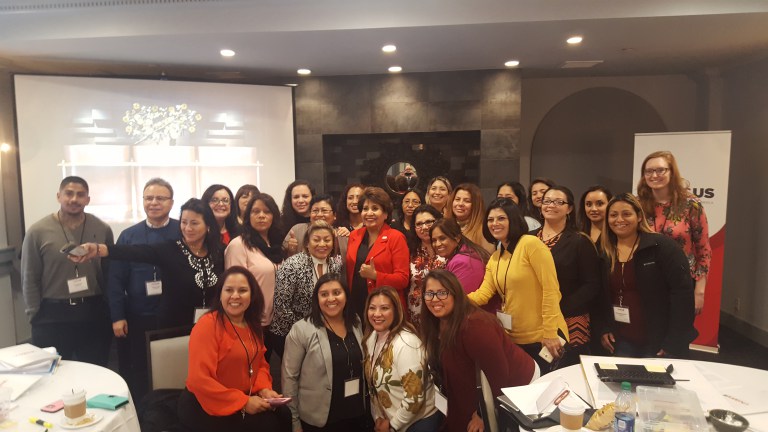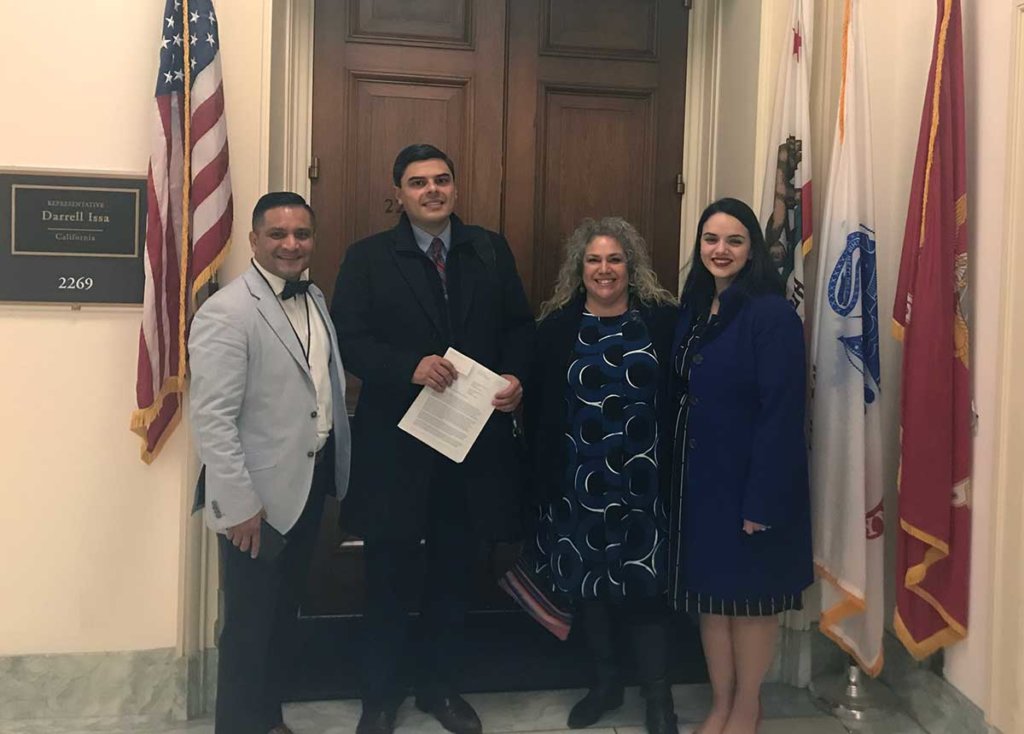Parent engagement: Taking on the challenges and solutions
A parent’s involvement in their child’s education is key to the child’s success in school. An engaged parent has valuable knowledge that’s useful when making important decisions about their child’s school life. Parents engage by developing relationships with teachers, school staff, and other parents; attending and volunteering at school events; and participating in parent circles that make school- and district-wide decisions. 
As a result, these parents are aware of what their child is learning, which tests their child will take and why, what to do if their child is struggling, and who to go to if there’s a problem. There are multiple ways for parents to get involved and there are endless benefits. However, many parents face barriers to becoming engaged in their children’s schools.
Challenges to becoming engaged
Not all parents are familiar with the U.S. public school system. Whether the education system they grew up with is different from this one, or they have limited experience with public education in general, unfamiliarity with the system is a common reality.
Language barriers can also prevent communication between parents, teachers, and parent circles. Without proper support like translation or interpretation services, some parents are excluded from important groups and conversations.
Extra time outside of work and caring for additional children can be very limited. Many parents work multiple jobs and have more than one child to care for. This causes parent meetings and school functions to become a second priority.
Some parents are even afraid to come to school. Stories of arrests and other altercations with police officers while dropping their child off invoke fear among parents.
Unfortunately, many Latino and immigrant parents identify with these challenges. Fortunately, there are solutions to overcome these challenges.

Removing barriers
UnidosUS’s Padres Comprometidos program is a bilingual curriculum and training that breaks down some of the barriers Latino and immigrant parents face. The two-series curriculum helps parents navigate the education system, understand school data and report cards, learn more about state standards and assessments, and elevate a given issue to the appropriate level in a school.
UnidosUS delivers the curriculum to parent leaders, some of whom are employed by school districts. Others volunteer in a train-the-trainer format. Parent leaders learn how to teach the curriculum and implement it at their schools or at nearby nonprofits. The result? Barriers are taken down, Latino and immigrant parents feel empowered to make changes in their child’s education, and diverse voices that usually go unheard are brought to schools and influential parent groups.
Padres Comprometidos started in 2009 and has grown to 54 schools and nonprofits in 24 states across the country.
Parents in action
In early December, over 25 Padres Comprometidos parent leaders from eight states and 11 organizations convened for the Latino Education Advocacy Summit in Washington, DC. They received training in the second series of the curriculum: the Parent Advocacy Curriculum (PAC).
PAC teaches parents how to identify and elevate a specific issue to the appropriate level in a school, come up with possible solutions, and, ultimately, collaborate with school leadership to implement the solutions.
The Summit provided an opportunity for parent leaders to become comfortable with the advocacy curriculum while discussing how to tackle the challenges in parent engagement. One parent leader talked about the raffles they host at each parent meeting, which keeps engagement fun and attracts new parents.
Another leader mentioned the bilingual phone calls and flyers that go out whenever a parent meeting is approaching. One parent said, “The welcome is the most important part. A big smile and a warm welcome to a parent can really do a lot.” Simple yet invaluable advice that parent and school leaders should be doing every day.




